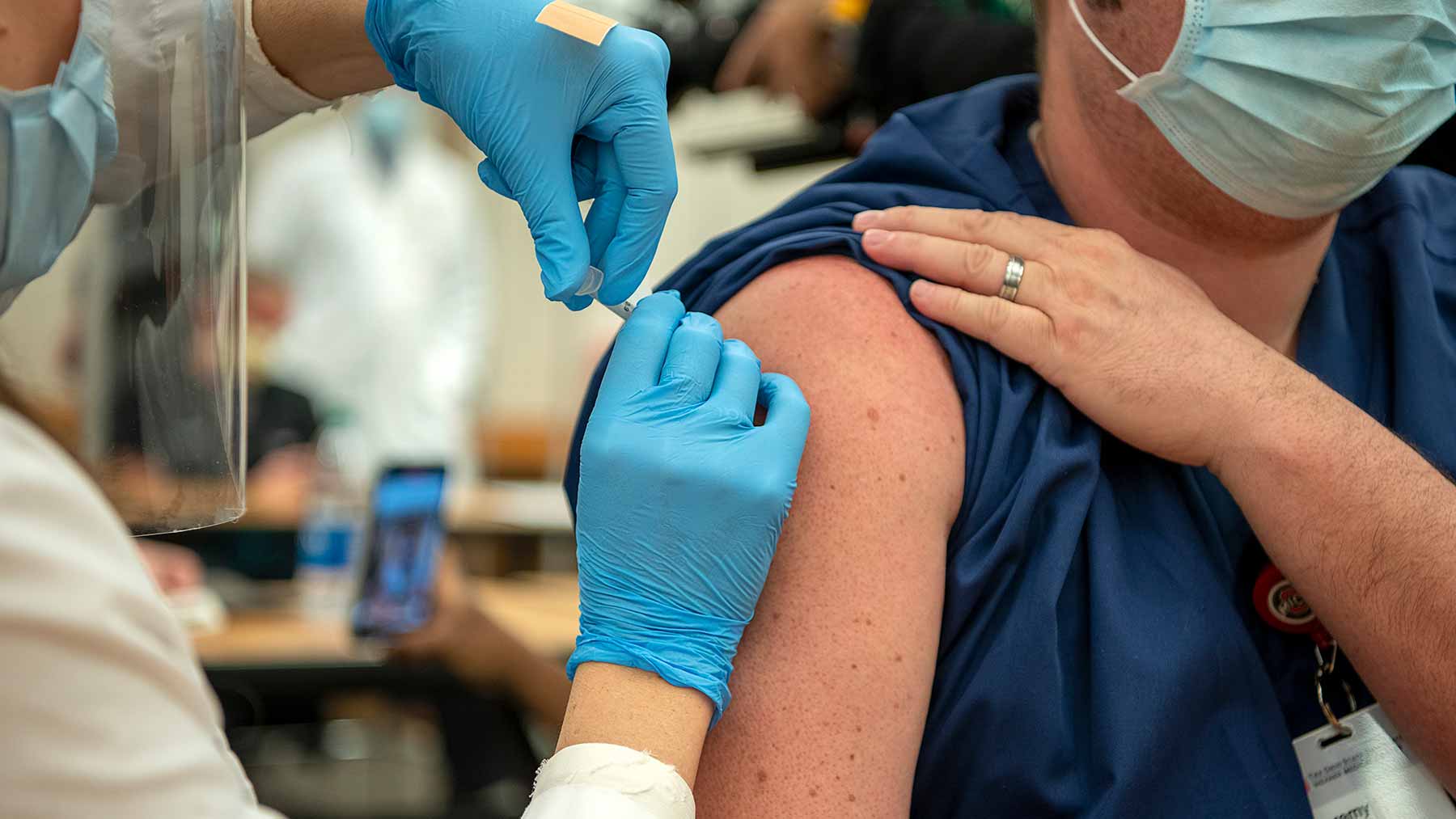If you've had COVID-19, you should still get vaccinated. Here's why.

Even if you’ve had COVID-19, it’s recommended you still get a vaccine. That’s because we’re not sure how long the antibodies we develop after getting COVID-19 stay in our body, or whether they’re enough to protect us from reinfection. While we’ve come a long way in understanding COVID-19 in such a short time, this is one of many unanswered questions. In general, the recommendation is to get the vaccine three months after your COVID-19 diagnosis. The handful of documented reinfection cases all occurred more than 90 days after initial diagnosis.
Natural immunity from COVID-19
The research so far shows that the antibodies naturally produced after someone gets COVID-19 are lower than those produced after getting a vaccine. Obviously, the higher level or “titer” of neutralizing antibodies we have, the better our bodies can fight off SARS-CoV-2, the virus that causes COVID-19. While patients with compromised immune systems may not produce high levels of antibodies, they should still get the vaccine to protect them from getting COVID-19 or help them have a milder form of the disease. Vaccines can help us achieve herd immunity.
Then there’s the urgency of trying to slow down the spread of COVID-19. A key to that is achieving herd immunity, which can be accomplished through vaccines. Time is of the essence and right now we don’t have the time or technology to rapidly and accurately determine the amount of antibodies that everyone still has after recovering from COVID-19. We also don’t want to deny people access to a vaccine just because they already had COVID-19. Some people are more vulnerable than others to the virus, and it’s documented that some people have gotten COVID-19 twice.
You can't get COVID-19 from the vaccine
That’s because most of the multiple vaccines being developed don’t contain the whole SARS-CoV-2 virus. They have either the genetic instructions to produce one component of the virus (usually the spike protein located on the surface of the virus) or they contain a synthetic version of that protein alone. The spike protein alone cannot cause COVID-19 infection. You also need to know that, while the new vaccines are safe and have very high efficacy rates, you can still get COVID-19 just before or after your shot(s). It takes time for your body to build up immunity.
Until we get this pandemic under control, remember to wear your mask, stay 6 feet away from others, wash your hands at least 20 seconds and get a vaccine. Working together, we can help stop the spread of COVID-19.
Dr. Carlos Malvestutto is an assistant professor in the division of infectious diseases at The Ohio State University Wexner Medical Center.




